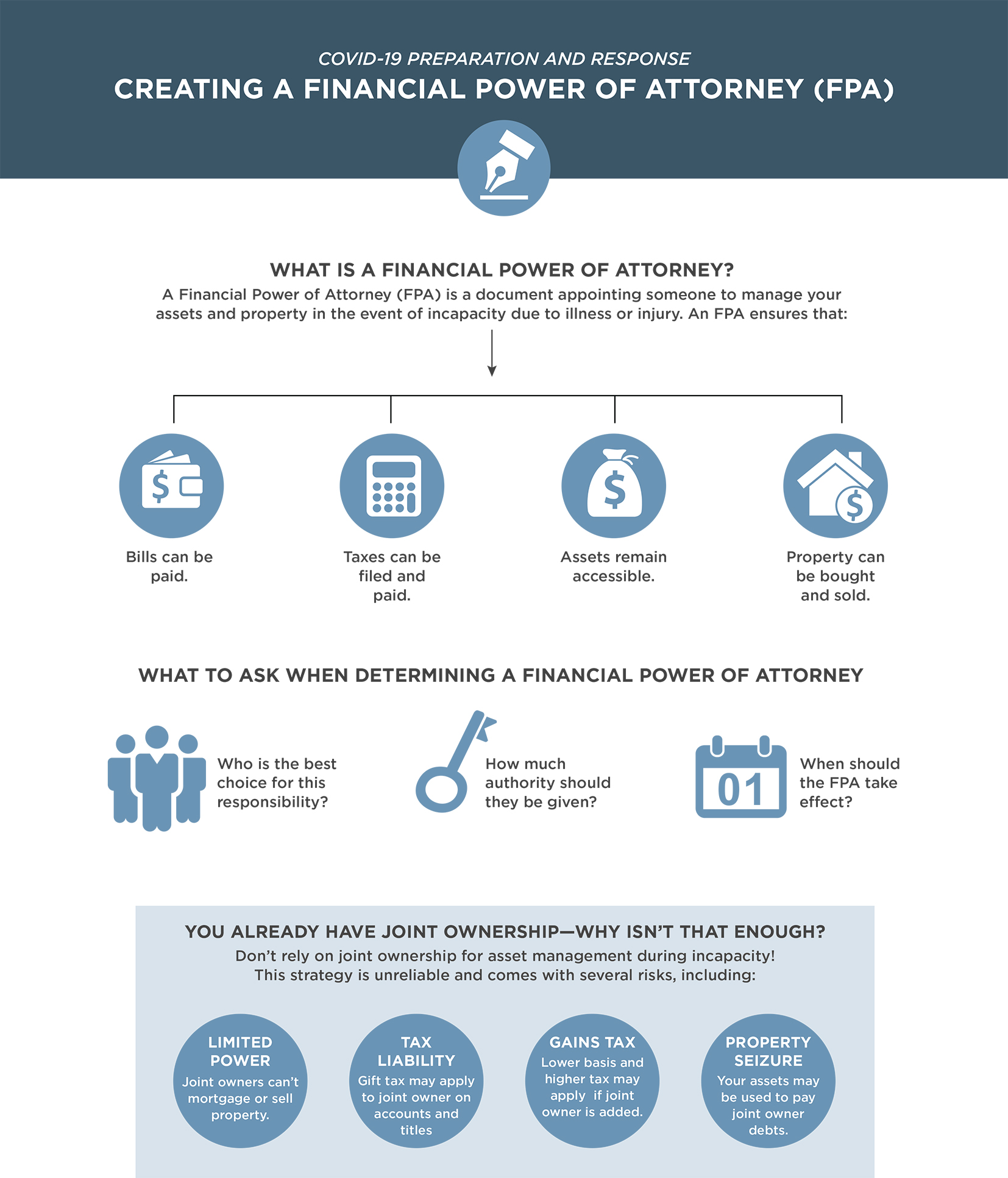Have you considered that our senior citizens may have been one of the groups most impacted by the COVID-19 pandemic, not just because they are the citizens with the highest fatality statistics, but also because they are forced into isolation to best ensure their safety? Many of them have lost their spouses, live far away from family, or live in a facility that may not allow visitors or only limited visitors during the pandemic. Let us review five tips for helping our senior loved ones stay connected during and after the pandemic.
1. Increase your virtual contact. Make sure you are contacting your senior loved ones as much as possible, even if it is just a daily text message to say hello and to tell them you are thinking about them, it can give them something to look forward to every day.
2. Send cards and gifts. Show how much you care by sending cards or small gifts to make them feel special and loved.
3. Photos or videos of grandkids. Nothing may brighten up the face of our seniors more than seeing children. Since they probably cannot visit, make sure they still get to see their grandchildren. Send framed photos or photo albums that they can keep in their room. Text pictures and videos that they can save to their phone and view anytime they want.
4. Schedule virtual activities. Get activities on the calendar. Maybe you can schedule a weekly “story time with grandma” and block off a time when your senior loved one can read to a grandchild over Zoom, Facetime, or another virtual platform. Maybe your senior loved ones like to play board games and you can schedule a weekly virtual game night. Putting an activity consistently on their calendar can help keep them engaged in the family and avoid feeling isolated.
5. Visit outside. If feasible, and weather permitting, try to have outdoor and socially distant visits to get your loved ones out of the house and connected with you in person. You could go for a walk or have an outdoor picnic to brighten their spirits.
Do you have questions? Please contact our law practice to learn more. We are here for you. Elder and Estate Planning Attorneys PA is a law office small enough to provide personal service but large enough to provide service in Palm Beach, Martin, St. Lucie and Indian River Counties.









